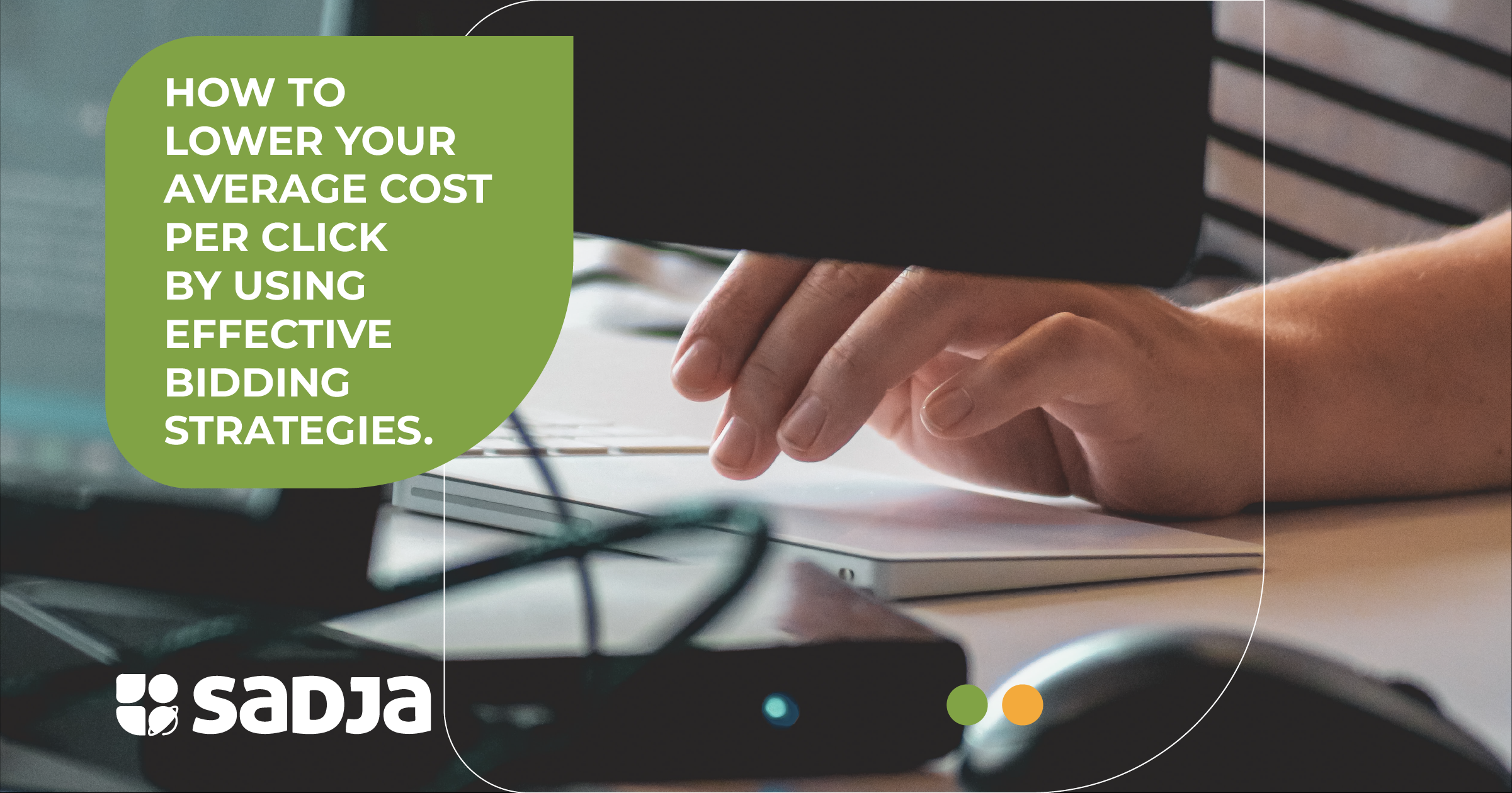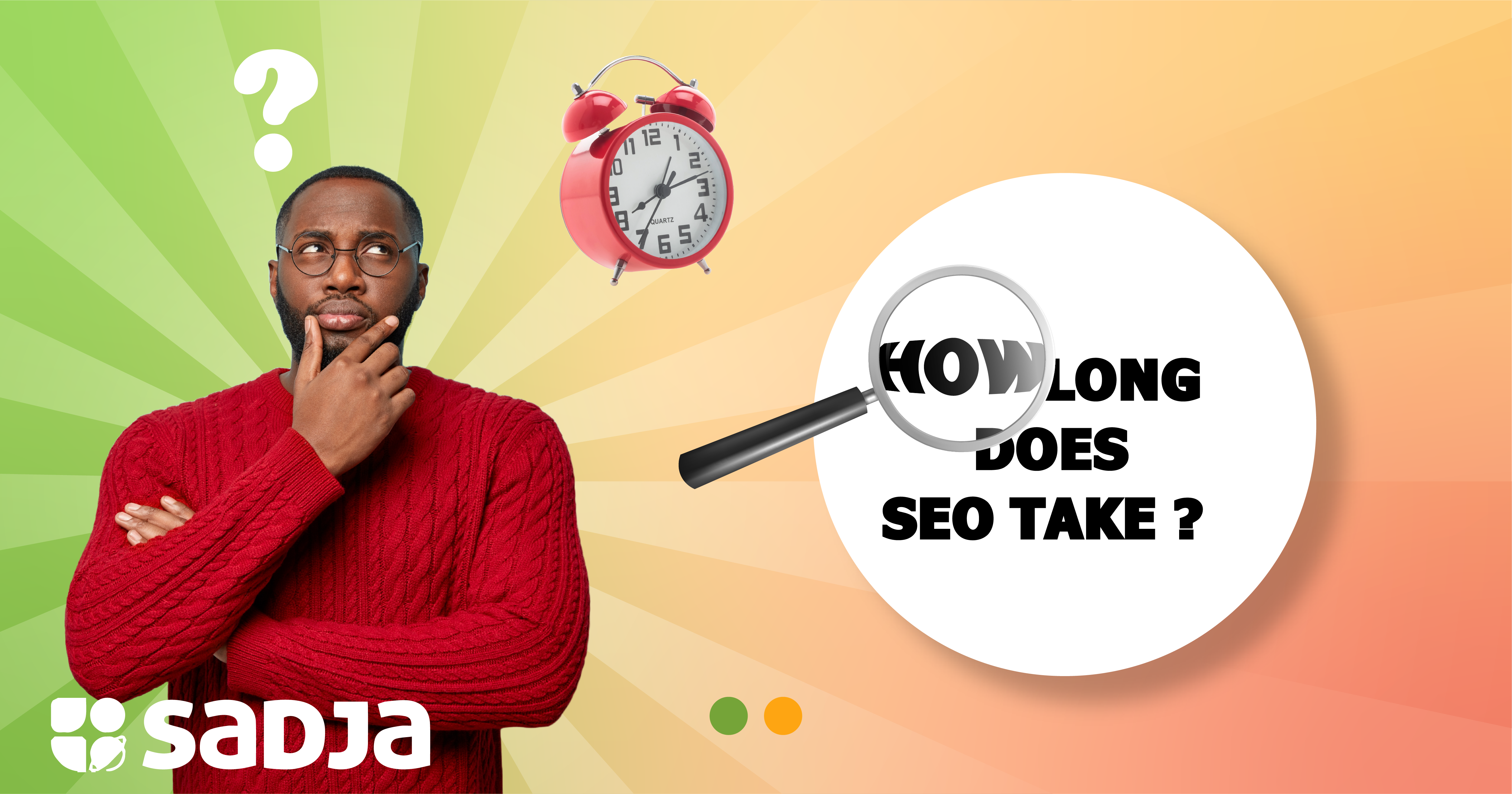How to Lower Average CPCs
When managing your Google Ads campaign, one of the key metrics you need to keep an eye on is your average cost-per-click (CPC).
Your CPC is an important metric because it tells you how much you pay for each ad click. And, as you probably know, clicks drive traffic to your website.
So, if you’re paying too much for each click, it will eat into your advertising budget and cut into your profits.
Fortunately, you can do a few things to lower your CPC and get more bang for your buck.
Here are four tips for lowering your average CPC:
1. Use Negative Keywords
One of the best ways to lower your CPC is to use negative keywords. Negative keywords are words or phrases you add to your campaign so that your ad won’t appear when people search for those terms.
For example, let’s say you’re selling Widgets. You wouldn’t want your ad to show up when someone searches for “cheap widgets” because that’s not the type of customer you’re looking for.
By adding “cheap” as a negative keyword, you can make sure your ad only shows up when people search for terms like “Widgets for sale” or “buy Widgets.”
2. Target Long-Tail Keywords
Another great way to lower your CPC is to target long-tail keywords. Long-tail keywords are three or four-word phrases that are very specific to what you’re selling.
For example, a long-tail keyword for our Widgets might be “red Widgets for sale.”By targeting long-tail keywords, you can get more qualified traffic to your website, which will result in lower CPCs.
3. Use AdWords Scripts
To take your CPC optimization to the next level, you should consider using AdWords scripts. AdWords scripts are little programs that allow you to automate specific tasks in your campaign.
One of the tasks that you can automate with scripts is CPC optimization. There are several scripts out there that can help you lower your CPCs, including the Google AdWords Cost-Per-Click Optimization Script.
4. Experiment With Your Ad Copy
The final tip for lowering your CPC is experimenting with your ad copy. Ad copy is the text that appears in your ads, and it’s one of the most critical factors in determining your click-through rate (CTR).
If you can find a way to create ads that have a high CTR, you’ll automatically lower your CPC. So, experiment with your ad copy and see what works best.
There you have it – four tips for lowering your CPCs. Implementing these tips will help you get the most out of your AdWords campaign and lower costs.
 +256 206 300885
+256 206 300885


